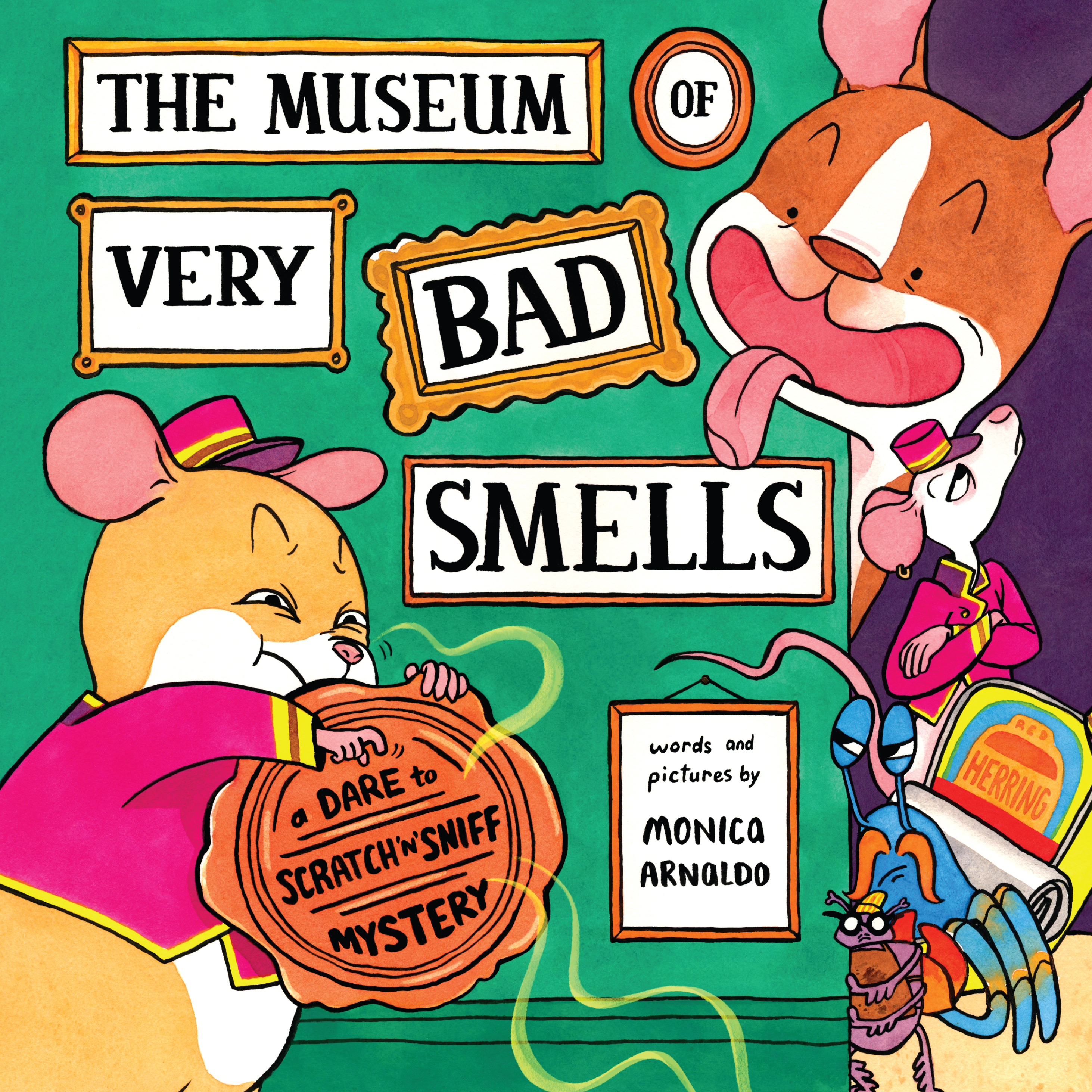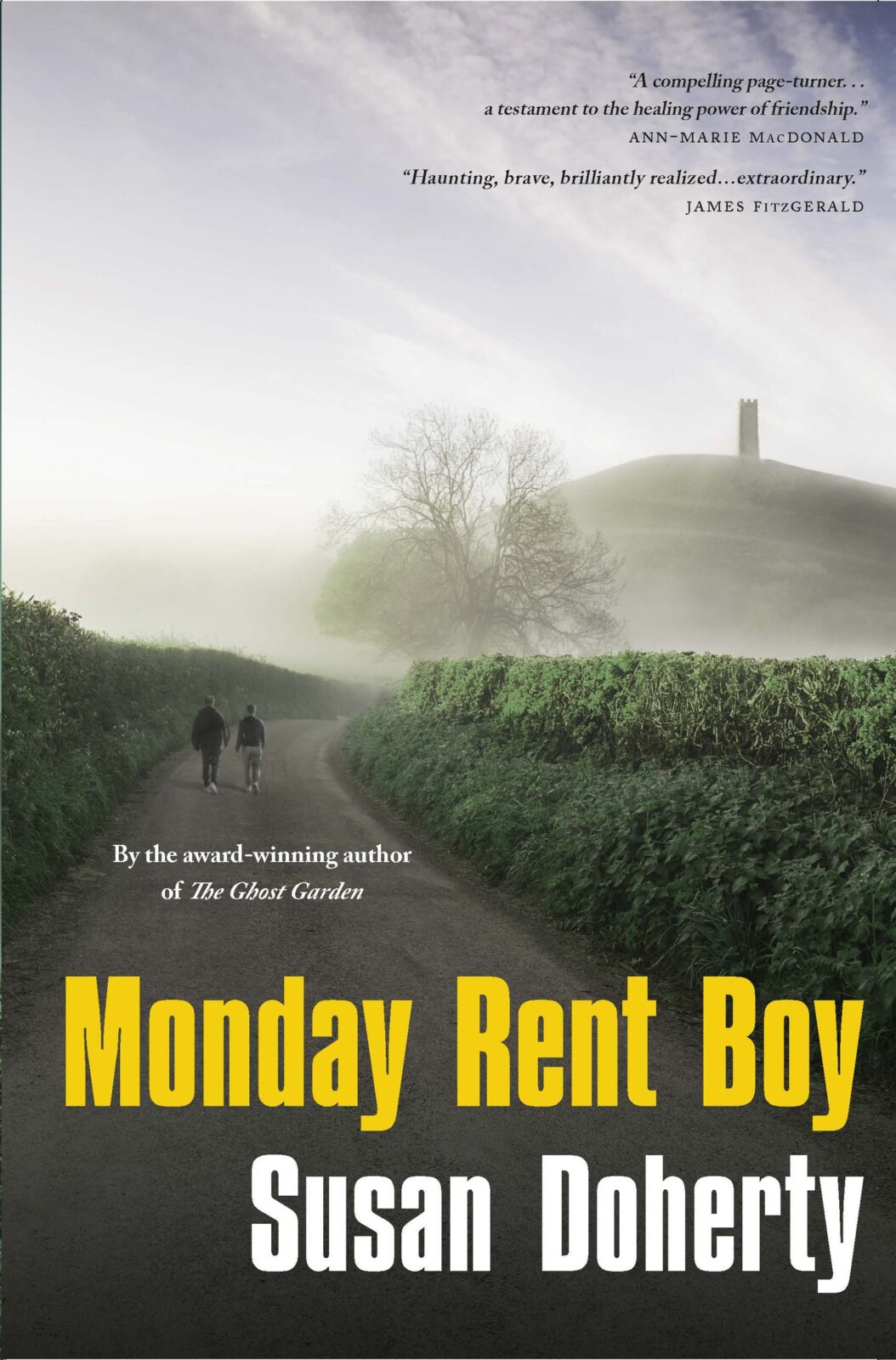Joaquín Camp’s The Piano looks as if it was put together on a rainy afternoon, pencil and ruler in hand, along with an old pack of soft pastels lying around with some of the colours missing. Yes, the story’s artwork is rudimentary and childlike, but whoever said that was a bad thing? The book’s aesthetic is hip, reflected in the unrefined lines, flat, 2D faces, and sometimes disproportionate body parts of the story’s characters.

The Piano
Joaquín Camp
The Secret Mountain
$19.95
cloth
36pp
9782898360541
Ironically, although Camp’s story doesn’t contain many words, readers will still pick up a few snazzy ones, like “onomatopoeia” (the use of words to imitate sounds) and “synesthesia” (experiencing sensory information through unrelated senses, like tasting colour or feeling sound). Need I say more?mRb






0 Comments